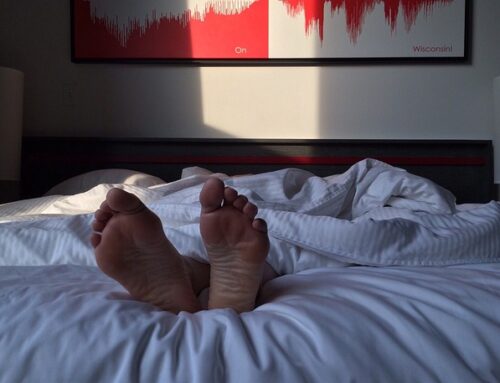Sleep apnea is a serious sleep disorder affecting millions of people worldwide. It occurs when a person’s breathing is repeatedly interrupted during sleep, leading to poor quality rest and potential health complications. While many associate sleep apnea treatment with medical interventions, dentists also play a crucial role in helping patients with this condition. In this blog post, we will explore how dentists can offer effective solutions and improve the quality of life for sleep apnea patients.
Oral appliance therapy
Oral appliance therapy (OAT) is a non-invasive and highly effective treatment for mild to moderate obstructive sleep apnea (OSA). Dentists are uniquely qualified to fabricate and fit these custom-made devices. OAT works by repositioning the jaw and tongue to keep the airway open during sleep. By wearing the appliance, patients experience reduced snoring and apnea episodes, leading to better sleep and improved overall health.
Screening and referral
Dentists are often the first healthcare professionals to notice signs of sleep apnea during routine check-ups. They are trained to identify symptoms such as bruxism (teeth grinding), a scalloped tongue, and worn tooth enamel, which may indicate sleep-disordered breathing. Upon recognizing these symptoms, dentists can recommend a sleep study for a definitive diagnosis. Early screening and referral are vital in preventing the condition from worsening and ensuring patients receive appropriate treatment.
Collaboration with sleep specialists
Dentists and sleep specialists can work together to provide comprehensive care for sleep apnea patients. After a sleep study confirms the diagnosis, the dentist can collaborate with a sleep physician to develop a personalized treatment plan. This integrated approach allows for a more holistic evaluation of the patient’s condition and ensures the most effective treatment options are considered.
Continuous monitoring and adjustment
Unlike some medical interventions, oral appliances are adjustable and can be fine-tuned to suit each patient’s needs. Dentists play a crucial role in monitoring the progress of the treatment and making necessary adjustments to the appliance. Regular follow-up appointments ensure the device remains effective and comfortable, optimizing the patient’s sleep and compliance with the therapy.
Patient education and compliance
Patient education is essential in managing sleep apnea successfully. Dentists can educate their patients about the importance of using the oral appliance consistently and the potential consequences of untreated sleep apnea. By raising awareness and emphasizing the significance of compliance, dentists can motivate patients to prioritize their sleep health.
Sleep apnea is a condition that significantly impacts the quality of life for those affected. Dentists can make a meaningful difference in the lives of sleep apnea patients by offering effective treatments such as oral appliance therapy, screening for symptoms, collaborating with sleep specialists, and providing continuous monitoring and patient education.
By taking a proactive approach to sleep apnea management, dentists can help their patients breathe easier, sleep better, and enjoy a healthier, more fulfilling life. If you suspect you or someone you know may have sleep apnea, don’t hesitate to consult a dentist and start the journey towards a better night’s sleep.





